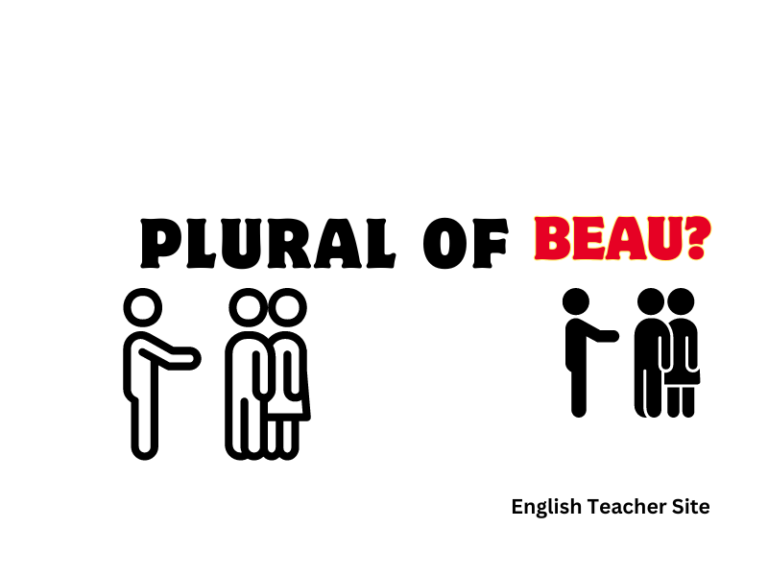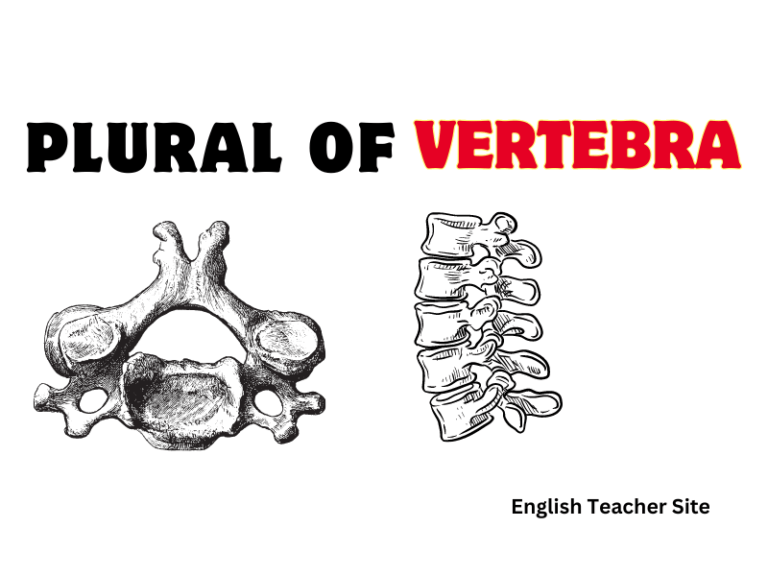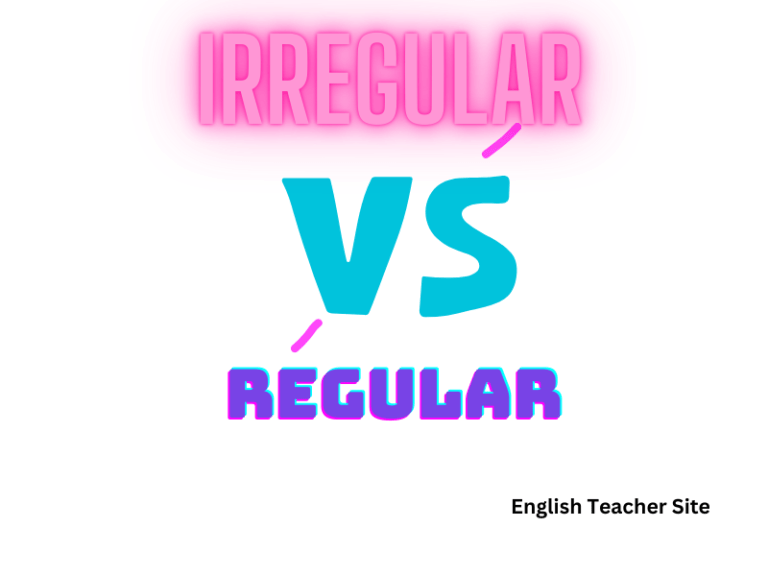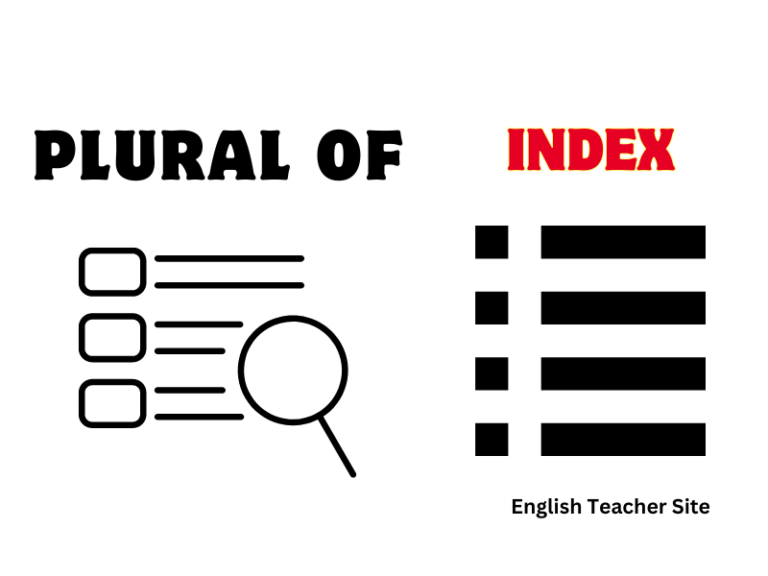What’s the Plural of Dogma: Understanding Collective Beliefs
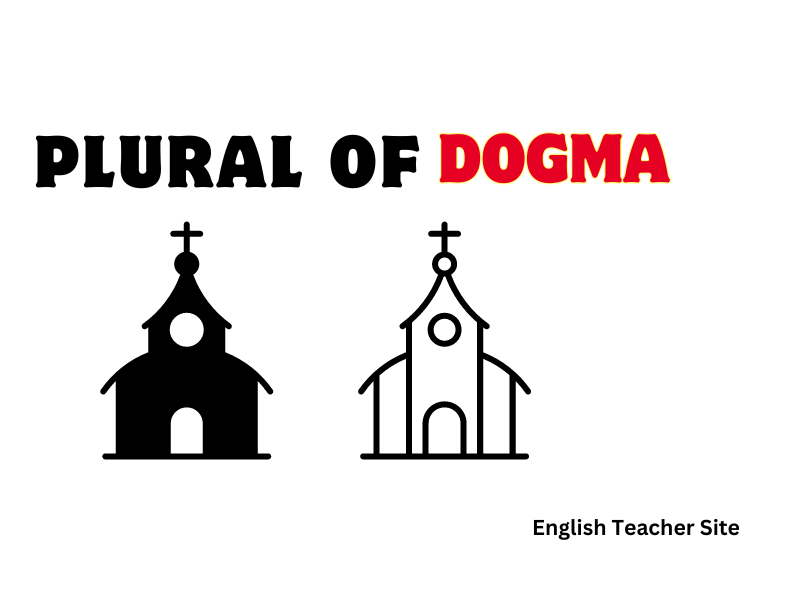
- “Dogma” can be pluralized as either “dogmas” or “dogmata.”
- “Dogmas” is the more commonly used plural form in contemporary English.
- The choice between “dogmas” and “dogmata” may depend on context and audience.
The plural of “dogma” can be either “dogmas” or “dogmata,” with the latter being a less common but still correct form based on the original Greek ending. In modern English usage, “dogmas” is the preferred and more frequently used plural. This word illustrates an interesting aspect of English where historical and etymological influences affect its modern usage. Recognizing whether to use “dogmas” or “dogmata” depends on the context and the audience’s familiarity with classical language forms.
What’s the Plural of Dogma?
| Singular | Plural |
|---|---|
| dogma | dogmas |
| dogma | dogmata |
The plural form dogmas is commonly used in everyday English and is the more familiar form to English speakers. It adheres to the standard rule of adding an -s to form the plural version of a noun.
In contrast, dogmata is a less common form but remains correct and is used in more formal or scholarly contexts. This alternative plural form derives from the word’s original Greek root, echoing the practice of forming plurals typical of words with classical origins.
- Examples of Usage:
- The conference explored various dogmas of the medieval church.
- Philosophers often challenge established dogmata to advance understanding.
The choice between dogmas and dogmata can reflect the context or the speaker’s preference. Both are correct, but dogmas is perhaps more accessible and universally understood. Usage may vary between different English dialects and in various academic or religious contexts.
| Criteria | Dogmas | Dogmata |
|---|---|---|
| Formality | Less formal | More formal |
| Frequency | More common | Less common |
| Contextual Usage | General English | Academic, Greek-origin terms |
Is Dogma Singular or Plural?
| Singular | Plural |
|---|---|
| dogma | dogmas |
| dogma | dogmata (rare) |
It’s important to note the rarity of dogmata in modern usage. Dogmas is the more commonly used plural form in contemporary English. Below is a brief explanation of the usage of each form:
- Dogmas: Standard English plural form, used in most contexts.
- Dogmata: Less common, often found in theological or formal texts where traditional language is preserved.
Adopting the correct plural form is essential depending on the context:
- For academic writing or within the domain of religious studies, one might encounter and use dogmata.
- In everyday conversation or less formal writing, dogmas is the prevalent choice.
What Does the Word Dogma Mean?
Dogma typically refers to a principle or set of principles laid down by an authority as incontrovertibly true. It serves as a cornerstone in various fields, most notably in religious contexts. Here is a closer look at its definition:
- Authoritative and official: Dogmas are considered official doctrine, particularly within religious institutions, where they constitute the fundamental beliefs of the faith.
- Unquestionable truth: These principles are often regarded as beyond the realm of questioning or debate among followers.
- Tenets of belief: Dogma outlines the essential points of doctrine that guide the behavior and beliefs of adherents.
Plural Forms:
The word “dogma” has two acceptable plural forms:
| Singular | Plural |
|---|---|
| Dogma | Dogmas |
| Dogma | Dogmata (rare) |
In modern English, “dogmas” is more commonly used, while “dogmata” is less frequent and often seen in formal or scholarly texts.
Usage in Sentences:
Dogma can be applied in sentences as follows:
- The church’s dogmas are central to its teachings.
- Several philosophical dogmas have shaped Western thought.
Greek Nouns
When examining the plurals of Greek-derived nouns in English, a clear pattern emerges rooted in the language’s morphology. The Greek language has contributed extensively to English vocabulary, and many terms have retained their inflectional forms for plurals.
For example, the word dogma originates from Greek, where it is a principle or established belief. Its plural can take on either the traditional Greek form dogmata or the Anglicized dogmas.
Here are a few Greek nouns and their respective plural forms:
| Singular | Plural |
|---|---|
| dogma | dogmata |
| criterion | criteria |
| phenomenon | phenomena |
Likewise, not all Greek plurals end with ‘-ata.’ There are variations:
- -ma often changes to -mata
- -on frequently turns into -a
- -is typically becomes -es
Let’s consider specific examples:
- Thesis becomes theses
- Analysis changes to analyses
- Basis converts to bases
Examples of Dogma Used in Context
Here are two tables showcasing examples of how “dogma” is used in different contexts, emphasizing its singular and plural forms:
| Singular Usage | Context Example |
|---|---|
| Dogma (singular) | The dogma of gravitational forces is well-established in physics. |
| Plural Usage | Context Example |
|---|---|
| Dogmas/Dogmata | The various dogmas of ancient cultures provide insight into their worldviews. |
| Dogmas/Dogmata | Enlightenment thinkers often challenged the prevailing dogmata of their times. |
In the context of personal belief systems, individuals might adhere to their own dogmas. An example sentence could be: “She holds to her personal dogmas with unwavering conviction.”
Using the plural form “dogmas”, the term can be found in dialogues or debates:
- The debate touched upon the dogmas influencing economic policies.
- Historians compare the dogmas of different eras to understand cultural evolution.
Regardless of its application, whether religious, scientific, or otherwise, the usage of “dogma” generally implies a certain level of authority and acceptance within a community.
Examples of Dogmata/Dogmas Used in Context
Single Dogma Instance:
- In his lecture, the professor outlined a single dogma of the philosophical school.
Multiple Dogma Instances:
- The historian spoke about the many dogmas that shaped ancient civilizations.
- Religious scholars aim to interpret the dogmata that have been passed down through generations.
Using Dogmata/Dogmas in Table Format
| Singular | Usage in a Sentence |
|---|---|
| Dogma | Her belief is rooted in a single established dogma. |
| Plural | Usage in a Sentence |
|---|---|
| Dogmas | Various religious dogmas often reflect the culture from which they originate. |
| Dogmata | The collection of dogmata are essential to understanding the church’s doctrine. |
Bullet Point Contextual Examples:
Dogmas:
- Teachers must adapt to changing dogmas in educational theory.
- The legal system occasionally revises its dogmas based on societal evolution.
Dogmata:
- Ancient Greek philosophers contributed numerous dogmata to the field of ethics.
- In critical thought, dogmata offer a starting point for analysis and debate.
The distinction between ‘dogmas’ and ‘dogmata’ is largely one of tradition versus modernity; ‘dogmas’ is more commonly used in contemporary English, while ‘dogmata’ harks back to the term’s Greek origins. Both are correct and their usage can depend on the formality or stylistic choice of the writer.
Origin of the Word Dogma
The term dogma has its roots anchored in ancient language and philosophy. Its etymology can be traced back to the Greek word dokein, which means “to seem good” or “to think”. The evolution of this term over centuries reflects a shift from a general act of thinking to a more structured assertion of beliefs.
Greek Influence:
- Doxa: opinion, belief
- Dogmatikos: authoritative
The Greeks used the term to denote a philosophical tenet, forming the basis of the concept of dogma as a principle or set of principles laid down by an authority as incontrovertibly true.
Usage Over Time:
- c. 1600: A settled opinion or principle, used in plural dogmata.
- Modern usage: An established belief or doctrine, especially one authoritative and not to be disputed or doubted.
| Century | Meaning |
|---|---|
| 17th Century | A principle or set of principles |
| 21st Century | Authoritative tenet; established belief |
The term may carry varying connotations, from being a fundamental aspect of religious doctrine to representing inflexible beliefs in secular matters.
Forms of Dogma:
- Doctrinal (religious beliefs)
- Ideological (political or cultural beliefs)
Through its linguistic journey, dogma has developed a sense of firm establishment, representing beliefs held by institutions or groups to be absolute.
| Context | Application |
|---|---|
| Religious | Tenets of faith |
| Secular | Unquestionable principles of a theory |
In scholarly discussions, the plural forms dogmas and dogmata are used to denote multiple doctrines, with “dogmas” being more common in contemporary English. This rich history underpins the powerful role dogma plays in conveying steadfast principles across various aspects of society.
Sources
1. Harper Douglas, “Etymology of dogma,” Online Etymology Dictionary
2. Definition of dogma noun from the Oxford Advanced Learner’s Dictionary: dogma
My name is Khamis Maiouf. I am the creator of the English Teacher Site, dedicated to providing valuable resources and insights for students around the world. With a passion for education and a commitment to helping students enhance their skills, I aim to make English teaching more effective and enjoyable for both educators and students.

